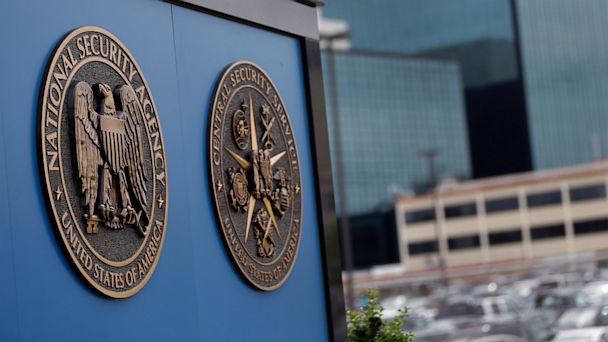NSA: Privacy Breaches Are 'Parts per Million'

Credit: Patrick Semansky/AP Photo
Privacy breeches are rare and unintentional, the National Security Agency told reporters, responding to The Washington Post's story detailing thousands of times in which the NSA overstepped its bounds in data collection.
"We generate a lot of reports every time we make a mistake," NSA Director of Compliance John DeLong told reporters on a conference call Friday afternoon. "If we generated the same number of reports every time we did something right, it would go, maybe, to the moon and back.
"Per month, we do about 20 million queries. So if you take that number and make that the denominator," DeLong said, "you get to essentially a .005 error rate. We're talking parts per million."
In the last year, the NSA saw 2,776 incidents in which the agency overstepped its standards on "collection, storage, access to or distribution of legally protected communications," the Post reported Friday, citing an internal NSA audit the Post obtained and posted online.
The NSA sought to place that number in context.
When mistakes do occur, the NSA seeks "to detect them and correct them at the earliest point possible," DeLong told reporters. DeLong focused on unintentional errors in searches through collected information like phone records, assuring his audience that improperly accessed data is not used.
"If any improper query is made," DeLong said, "no results of that query will be used for any purpose"
While DeLong repeatedly said the Post had not uncovered any willful abuse of NSA data collection, he admitted that intentional privacy breeches have happened, while maintaining they are "extremely rare."
"When they do occur, they are detected, corrected, reported to the inspector general and appropriate action is taken," DeLong said. "The number of willful violations is miniscule, tiny … a couple over the past decade."
The NSA has "zero tolerance" for intentional abuses of surveillance data, DeLong said, noting that the agency plans to release information on its oversight practices in the near future.
"We do watch what people do. We watch what machines do," DeLong said, repeatedly adding that, "no one at NSA thinks a mistake is OK."